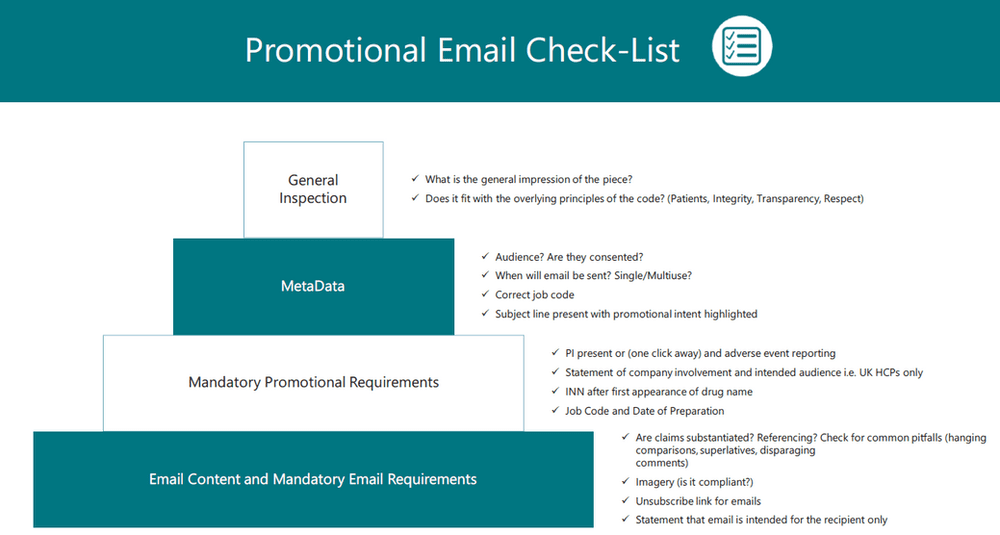Many companies are familiar with the use of checklists to ensure consistency in operational practice within their company. Different companies will implement them for different activities, and to a greater or lesser level of detail. Seeing this in practice with different clients we work with, and making recommendations to implement them with others, it has led me to reflect in how they have featured to protect patient safety in different parts of my career to date.
In my previous life as a practising doctor, both in emergency medicine working in a major trauma centre and radiology, most of the critical decision-making and safety netting came from using checklists. One of the best doctors I had the pleasure of working with was an army emergency consultant, who no matter the emergency (whether it was a massive road traffic accident, a gun shot (yes, we saw a couple in Birmingham, England), or a machete attack (ok, I am not painting a great picture of Birmingham here) – he always remained the calmest person in the room. His mantra was to always stick to basics – in his mind, he had a mental checklist of what would most likely cause the patient’s demise, and would sequentially treat each problem (airways check, breathing check, circulation check).
In the world of radiology, every type of scan had its own checklist ranging from simple trauma x-rays to complex cross-sectional MRI scans of the entire body.
The World Health Organisation realised how vital checklists are such that in 2009 they introduced a WHO Surgical Checklist – now every operation in the UK starts with this checklist.
Despite how simple some checklists may appear, checklists save lives and take away the stress of complex decision-making.
Moving over to the compliance world, I reference checklists to ensure items and activities are compliant with legislative and Code requirements. Below is an example of a generic basic checklist for reviewing promotional emails

If hurried when reviewing a job, or if you haven’t had the opportunity to review a job of a particular type of activity for some time, having a checklist provides you with some structure to work from, and prompts for consideration. They can even be helpful for when you return from a two-week Christmas holiday and you have brain-fog as you settle back in!
If you are considering activities that will provide value to your company in 2023, consider establishing checklists for areas of the business that you believe are vulnerable, or carry risk. Most companies will be able to generate checklists that work for their business by collaborating cross-functionally, but if you find you are struggling, reach out and enquire about checklists that Pharma Integrity have available for purchase, or to see how we can work with you to develop bespoke checklists relevant for your business.
Osama Al-Jibury


